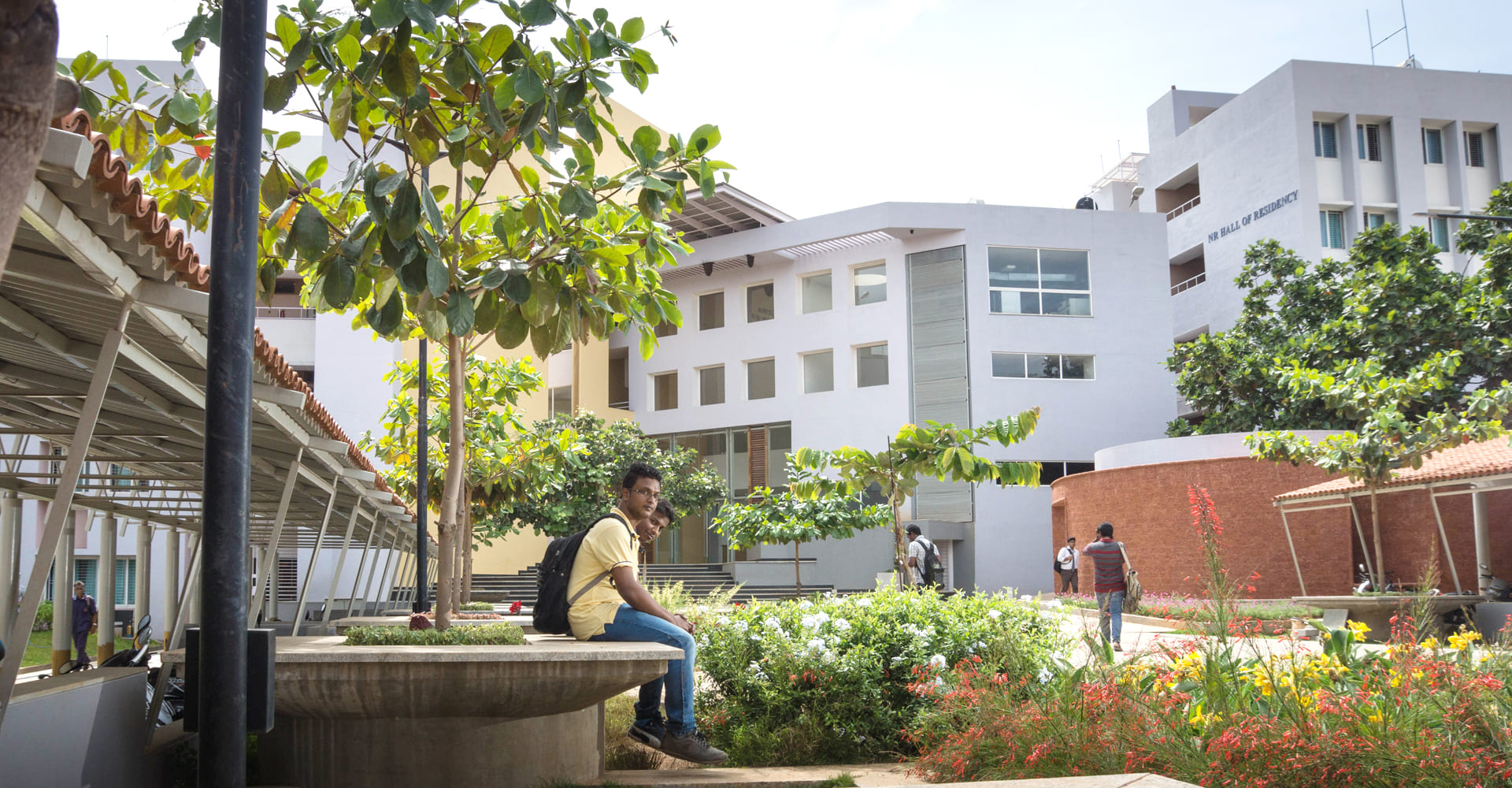PHARM.D post baccalaureate (L.E) refers to a Pharm.D program that is designed for students who have already completed a Bachelor of Pharmacy (B.Pharm) degree. This program is also known as the lateral entry program.
In this program, students are given advanced standing and are exempted from the first two years of the Pharm.D curriculum, which are typically covered in a B.Pharm program. Instead, they directly enter the third year of the Pharm.D program and complete the remaining three years of the program.
The Pharm.D post baccalaureate (L.E) program is designed to provide students with advanced knowledge and skills in pharmaceutical sciences, clinical pharmacy, and pharmacy practice. The program aims to prepare students to become competent and skilled pharmacy professionals who can work in various healthcare settings.
The curriculum of the program includes advanced courses in pharmacology, pharmacotherapeutics, clinical pharmacy, pharmacoepidemiology, drug regulatory affairs, and patient care. The program also includes practical training and internships to provide students with hands-on experience in the field.
The Pharm.D post baccalaureate (L.E) program is offered by several pharmacy colleges and universities in India and is recognized by the Pharmacy Council of India. Upon completion of the program, students are eligible to take the licensure exam and practice as registered pharmacists.
PHARM.D post baccalaureate (L.E) or Post Baccalaureate Doctor of Pharmacy (PB-DP) is a 3-year professional pharmacy program for graduates who have completed a Bachelor of Pharmacy (B.Pharm) degree. The syllabus for PB-DP program may vary slightly from one university to another, but generally, it covers the following topics:
First Year:
Second Year:
Third Year:
The PB-DP program is designed to provide advanced knowledge and skills in the field of pharmacy, including pharmaceutical sciences, clinical pharmacy, drug therapy management, and research. The program also includes practical training and clinical experiences in hospital settings, community pharmacies, and other healthcare facilities.
It is important to note that the syllabus may vary from one institution to another, and students are advised to check the specific syllabus of their respective universities.



Student Review About Course